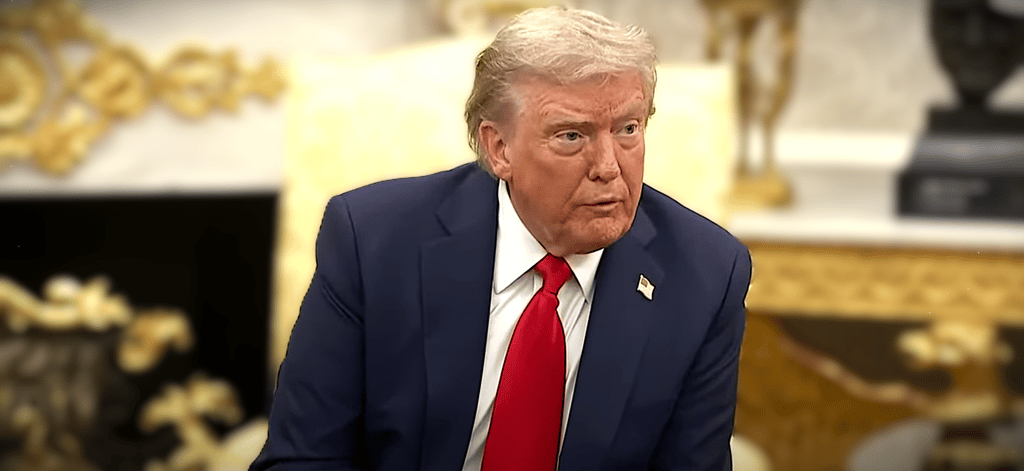Trump Warns Putin May Not Want Ukraine Peace Deal | Latest 19 Aug 2025
President Trump warns Putin may reject a Ukraine peace deal after summit with Zelensky. Latest 19 August 2025 update on Russia-Ukraine war.
Raja Awais Ali
8/19/20252 min read


Trump Warns: Putin May Not Want a Peace Deal on Ukraine
On August 19, 2025, U.S. President Donald Trump delivered a crucial statement regarding the ongoing war in Ukraine. In a televised interview, Trump said he still hopes Russian President Vladimir Putin will find a way to end the war, but he also warned that Moscow might have no intention of reaching a peace agreement. He described the situation as “tough” and “complicated.”
Trump stated: “I don’t think this is a big problem… I believe Putin is getting tired of all this, but you never know. We’ll find out in the next few weeks what his real position is. It’s possible that he doesn’t want a deal at all.”
His remarks came shortly after a high-level summit at the White House between President Trump, Ukrainian President Volodymyr Zelensky, and European leaders. The discussions focused on new security guarantees and potential frameworks for negotiations, seeking ways to bring Russia into the talks while ensuring Ukraine’s safety.
Meanwhile, Russia has continued its aggressive strikes, targeting Ukraine’s energy infrastructure with large-scale drone and missile attacks. These assaults caused widespread fires and disrupted power systems across several regions. Despite this escalation, Russia signaled a slight gesture of compromise by returning the bodies of 1,000 Ukrainian soldiers, while Ukraine handed over the remains of 19 Russian troops.
Trump made it clear that the U.S. will not send ground forces to Ukraine. Instead, Washington and its European allies are considering air defense arrangements and multilateral security structures to protect Ukraine without granting it NATO membership.
Experts note that while doors for peace talks are open, Putin’s unpredictable stance and continued military pressure make the process uncertain. Zelensky called the summit a major success, but both Kyiv and its European allies recognize the fragility of the situation and the possibility of sudden shifts from Moscow.
At the same time, European and NATO leaders have begun shifting their diplomatic tone. Instead of using the term “ceasefire,” they now emphasize “stopping the killing,” signaling an urgent desire to end the bloodshed, regardless of whether Russia is fully cooperative.
Conclusion
Trump’s warning that “Putin may not want a peace deal” reflects the deep uncertainty surrounding Ukraine’s war. While the White House summit has created new momentum, the real challenge lies in whether Putin is genuinely prepared for peace — or whether the world is entering an even longer and “tougher” phase of conflict.